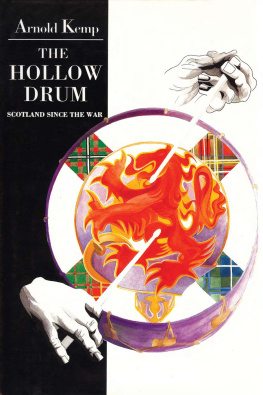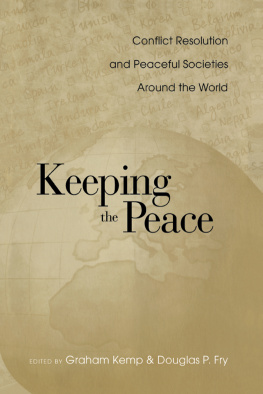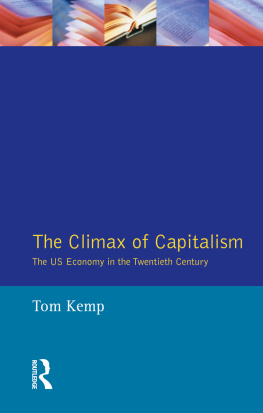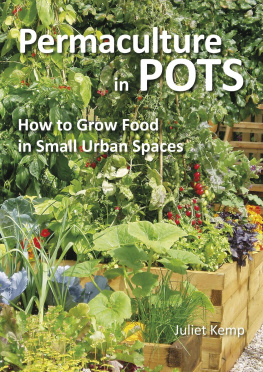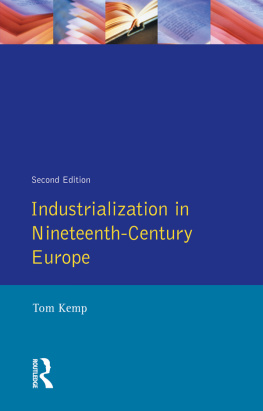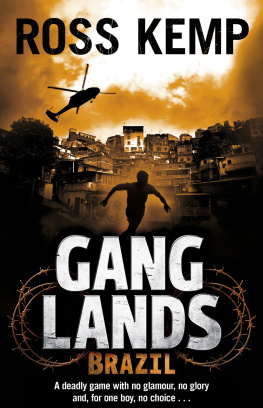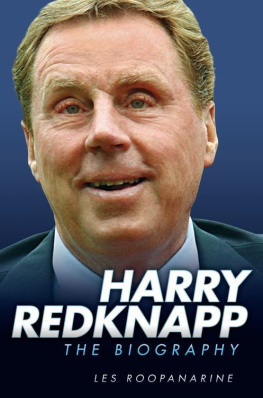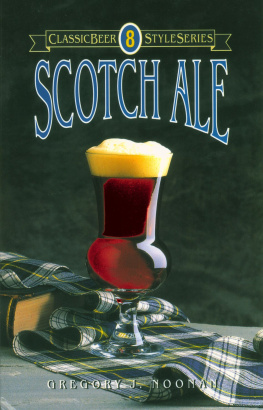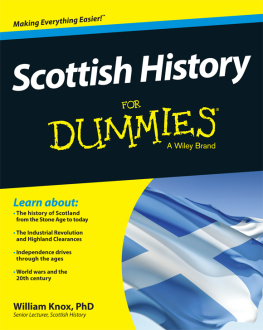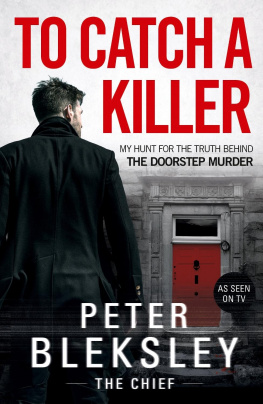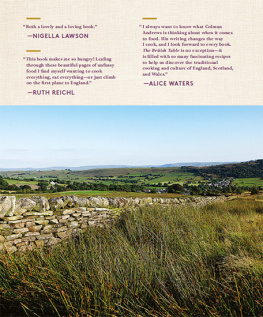SINCE THE WAR SCOTLAND HAS been profoundly altered. Its native tradition of entrepreneurial capitalism has disappeared. Its heavy industries have rapidly declined. It has become a branch economy soliciting international investment. Its crowded old cities have spread themselves into the country dormitories. The grip of the Kirk has been much weakened. The Conservatives have slumped from a historic high-water mark in 1955 to their present low ebb. The Nationalists come and go but Labour's strength seems geological.
For a hundred years and more Scotland has agitated for some form of home rule. The cycle has repeated itself at intervals. It elicits promises and placatory responses from governments. It has produced a steady increase in administrative devolution. The Grand Committee has been tarted up more times than Mae West. But still a Scottish parliament eludes us.
The above paragraphs appeared in 1993 on the jacket of a book written by one of Scotlands greatest newspaper editors, the late Arnold Kemp. The Hollow Drum was his personal history of the postwar period. He used his experiences as an editor and journalist as a starting point for discussing themes which he considered both in their historical context and their modern implications, in a style that was at once anecdotal and analytical.
He also attempted to listen more closely to the insistent beat of the Scottish drum. He suggested that Scotland, which so often seemed confused and divided and could not muster any collective political will, had in fact been articulating a reasonable set of expectations which were well within the gift of the British state.
This Ebook edition of The Hollow Drum, published some 11 years after Kemps premature death allows the reader to reflect on the state of Scotland prior to the Yes vote in 1997 for the re-convening of the Scottish Parliament and will inform those who seek more clarity on the issues surrounding Scotlands referendum vote on independence in 2014 as to how the nation has changed during that period. Had Arnold Kemp lived, there is no doubt that he would have been at the forefront of the debate at this most important of times in the nations history.
Unarguably one of the finest journalists of his generation.
RT Hon Alistair Darling, MP
THE HOLLOW DRUM
Scotland Since The War
Arnold Kemp
Neil Wilson Publishing Glasgow
Contents
Acknowledgements
THIS BOOK IS CALLED A personal history. Some may say this title is simply a device to excuse the fact that it is not systematic or comprehensive. It is, however, a necessary qualification, for newspaper editors do not have time to be punctilious historians. What I have tried to do is to cast light on important events which have affected Scotland during my lifetime and which in some way impinged on me as a journalist. I did find that my first, insouciant approach had to be altered. Soon I was immersed in the literature of the period and the history of the preceding years. Newspaper cuttings accumulated as if in a blizzard. I also quickly realised that I must amplify both my memory and contemporary accounts by interviewing some of those involved. During this latter process I discovered that a kind of Parkinsons Law operated. Each person interviewed would suggest a dozen more people that I really had to see. And so it went on until the publishers deadline called a halt.
This is a work of journalism, not of scholarship, and I have avoided footnotes. I have indicated in the text where statements are attributable, to a source or person, and a list of the full titles of books cited or consulted is given at the end. Some of those interviewed preferred not to be quoted directly, because many of the events with which I deal remain sensitive. And of course, in the tradition of journalism, I occasionally take the plunge and offer my own interpretation: I hope that these passages will also be self-evident. A particular word of gratitude goes to Michael Foot who, after our lunch in the Gay Hussar, sent me an invaluable note about the fall of the Callaghan Government in 1979.
A great host of other people helped me and I thank them all. First, the librarians. To David Ball, Marie Campbell and all the library staff at The Herald I give admiring thanks. The speed with which they verified dates or retrieved cuttings was invariably stunning. The same applies to the picture librarians of The Herald and Evening Times. To the journalists on whose work and advice I relied I am indebted too particularly Geoffrey Parkhouse, our Political Editor, William Russell, our London Editor, Murray Ritchie, our European Editor, Alf Young, our Economics Editor, Ronald Dundas, our Business Editor, Derek Douglas, our Chief Reporter, Stuart Trotter, our Political Correspondent, Stephen McGregor, our Parliamentary Correspondent, William Clark, our Scottish Political Correspondent, and Alan MacDermid, our Medical Correspondent. I was also extremely grateful to John Warden, our former Political Editor and now, in retirement, a columnist for us on the politics of health; he sent me an insiders account of the Governments reaction to the Hamilton by-election of 1967. It is very reassuring for an editor to be reminded of the authority, amplitude and excellence of the archive which our journalists have created. I am in debt to Roy Petrie for the cover.
I am also much indebted to Endell Laird, Editor-in-Chief of the Daily Record and Sunday Mail, for giving me permission to consult his chief librarian, Mrs Patricia Baird, to whom I also express my gratitude. The Record has a splendid set of cuttings from the thirties when the independence movement was burgeoning and the paper was engaged in a circulation war with the Scottish Daily Express, then newly opened by Beaverbrook in Glasgow. They outbid each other in their Scottishness. Generally, the newspaper houses of Scotland in combination hold an archive of enormous value, and it would be good if they could be brought together and made more widely available.
To the new school of historians active in Scotland I also acknowledge a debt. Their work is casting light on our past and our understanding of the present. But one of the most useful books was written by a journalist. Andrew Marrs The Battle for Scotland is an excellent account of modern Scottish politics and its history. I have tried to avoid going over too much of the same ground.
My sincere thanks go to all who spared the time for an interview. Some prefer not to be named; the identities of the others emerge from the text. I very much enjoyed the many conversations, and found them professionally valuable as well as essential for an understanding of the period. My thanks to them all.
My directorial colleagues had to put up with a great deal as my manner grew increasingly distracted and my eyes glazed over more than usual. I am indebted in particular to Liam Kane, our managing director; Iain M Forbes, our deputy managing director; Big Ron MacDonald, our long-suffering financial director; Alex Hastie, our production director; and my fellow director and editor, George McKechnie of the Evening Times. I owe special thanks to all my duty editors Ron Anderson, The Heralds executive editor; Anne Simpson, Bob Sutter and John Duncan and to my secretary Isabel Barnes.
My neighbours Annie Good and Ian Murray, two people who light up the West End of Glasgow with their friendship and conviviality, undertook to read the manuscript. I thank them for this signal act of kindness. They spotted many slips, and the errors that remain are mine. My trusty old legal companion, Alistair Bonnington, cast his sharp eye over the text, and I was most grateful. Bill Campbell and Peter MacKenzie of Mainstream must be thanked for wanting to publish the book in the first place, although my gratitude sometimes felt strained as I laboured on in what seemed infinity. Without the help of Eva Collins chaos would have submerged the effort.

